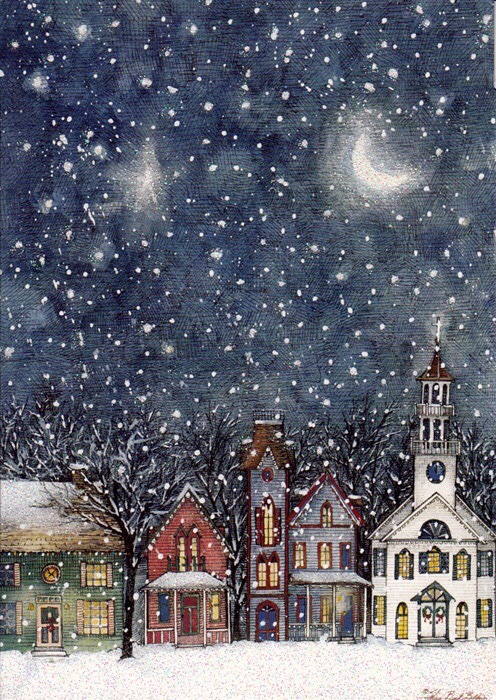willkommen-in-germany:Frohe Weihnachten! Merry Christmas to all! ✨✨✨✨In Germany, Christmas is a 3-da
willkommen-in-germany:Frohe Weihnachten! Merry Christmas to all! ✨✨✨✨In Germany, Christmas is a 3-day celebration, starting today (Dec 24th). Most families begin celebrating on Heiligabend (Holy Evening/Christmas Eve) in the afternoon or evening. Although there are 2 official holidays (25th and 26th), Christmas Eve isn’t officially one, so many companies and stores are open until midday, then family celebrations begin. Many Germans, often even those who never go to church otherwise, will attend church on Christmas Eve before or after the celebrations at home. Services usually last for an hour - in many locations, there are several throughout the afternoon and evening, including the very romantic midnight masses. Families with children may go to a children’s mass which is usually shorter and dramatized with a Krippenspiel (nativity play). The customs held upon returning from church leading to the gift giving may vary across regions and families, but one of the most traditional, old-fashioned customs sees the returning children wait to enter into the living room when a little bell rings. The bell marks the departure of the one delivering gifts. In the more Catholic regions - primarily Southern Germany - this is the Christkind (Christ Child), while in the North and elsewhere not Catholic, it’s the Weihnachtsmann (a Saint Nicholas/Santa Claus type of figure). The children then enter to see the decorated Weihnachtsbaum (Christmas tree), with all the presents beneath wrapped in colorful paper. Adults may also share gifts while the children are opening theirs. For the Bescherung (gift giving) in Germany, the only light traditionally comes from the Christmas tree (in the past generated by real candles, today generally replaced by electric lights). There also is a meal on Christmas Eve, but it’s usually not as elaborate as the big family meal the following day (Dec 25).An alternative version held in many homes with children sees no presents lying beneath the tree. Instead, but not in the southern regions, the Weihnachtsmann (normally played by a relative, neighbor, friend or even a hired male) appears in person, knocking at the door while the family sits together. Once he is let in, he puts his sack and ‘rute’ (shepherd’s crook) aside and greets the family. He may ask the children to sing a Christmas song or recite a poem and asks them if they were naughty or nice. Most children admit that they have not always been nice, so the Weihnachtsmann wants the promise that they will do better next year before giving them all their presents. He then retreats and the family spends the rest of the evening together, enjoying gifts and company. Here, too, a meal is involved and typical Christmas foods like cookies, chocolates and nuts are eaten as the evening progresses.Up next: December 25 - The Big Family Feast of 1. Weihnachtstag -- source link
#christmas#ethnography
